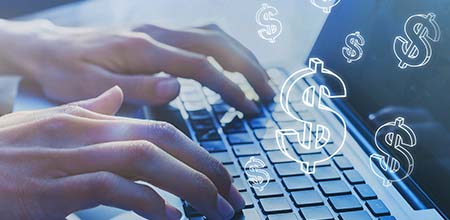PPP Safe Harbor Date Extended to May 14
 The SBA and U.S. Department of the Treasury published FAQ 43 yesterday that extended the safe harbor loan prepayment date from May 7, 2020 to May 14, 2020.
The SBA and U.S. Department of the Treasury published FAQ 43 yesterday that extended the safe harbor loan prepayment date from May 7, 2020 to May 14, 2020.
The complete FAQ 43 reads as follows:
Question: FAQ #31 reminded borrowers to review carefully the required certification on the Borrower Application Form that “current economic uncertainty makes this loan request necessary to support the ongoing operations of the Applicant.” SBA guidance and regulations provide that any borrower who applied for a PPP loan prior to April 24, 2020 and repays the loan in full by May 7, 2020 will be deemed by SBA to have made the required certification in good faith. Is it possible for a borrower to obtain an extension of the May 7, 2020 repayment date?
Answer: SBA is extending the repayment date for this safe harbor to May 14, 2020.
Borrowers do not need to apply for this extension. This extension will be promptly implemented through a revision to the SBA’s interim final rule providing the safe harbor.
SBA intends to provide additional guidance on how it will review the certification prior to May 14, 2020.
We will continue to monitor this for additional updates and keep you informed. Please visit the COVID-19 section of the Whalen & Company website or contact your Whalen advisor for additional details regarding this extension.







 Last week, the Treasury Department and the IRS announced that social security beneficiaries will not need to file a “simple” return to receive an economic impact payment and that the payment will be automatic.
Last week, the Treasury Department and the IRS announced that social security beneficiaries will not need to file a “simple” return to receive an economic impact payment and that the payment will be automatic.

 The IRS is urging taxpayers to be on the lookout for a surge of calls and email phishing attempts about the Coronavirus, or COVID-19. These contacts can lead to tax-related fraud and identity theft.
The IRS is urging taxpayers to be on the lookout for a surge of calls and email phishing attempts about the Coronavirus, or COVID-19. These contacts can lead to tax-related fraud and identity theft.